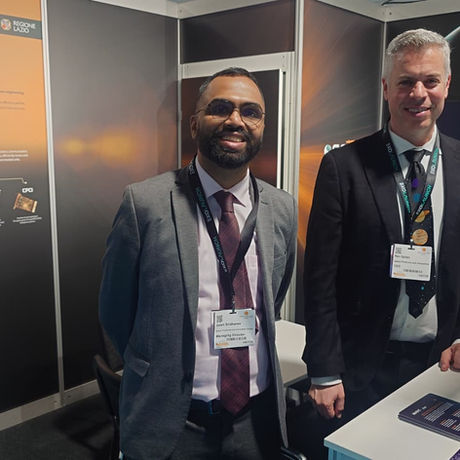
MODULARITY AS A SERVICE
Space Products and Innovation spins technology into the space industry to simplify manufacturing.
SPiN enables rapid, flexible, and cost-effective satellite designs through modularity, enabled by the combination of MA61C, its plug-and-play intelligent data node, with system engineering.
SPiN democratizes access to space, empowering manufacturers to unlock new ventures.
WHAT WE OFFER
SPiN offers a satellite integration solution to transform satellites into modular systems. A service to design satellites in a flexible concept using model-based system engineering methodology and a plug-and-play adapter, the MA61C intelligent data node.

MA61C
Revolutionising satellite manufacturing with plug and play
Historically, satellite components and subsystems were highly customized, with no standardized assembly. With our experience and innovative technology, we strive to simplify satellite assembly, testing and integration processes and increase space ventures profitability.
Founded in 2015, SPIN with its incredible team have worked tirelessly to bring the company to the forefront of the industry. SPiN will continue to work relentlessly to democratize access to space by eliminating the hassle of standards compatibility and providing smart, affordable for companies of all sizes.





